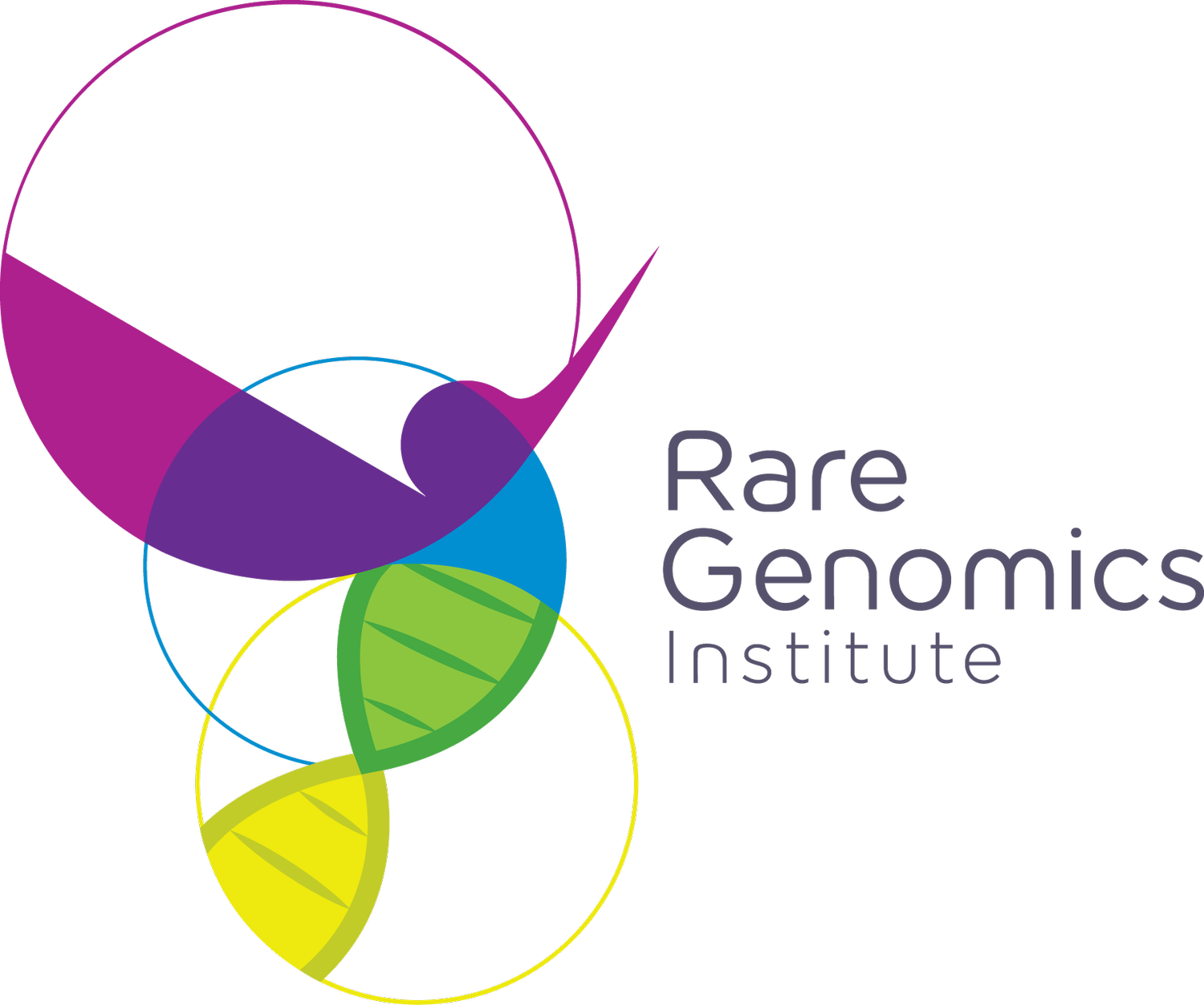Wilson’s Disease
What is Wilson’s Disease?
Wilson’s disease is a rare inherited disorder that is characterized by the accumulation of copper in the body. Because high levels of copper are toxic to tissues and organs, this buildup can lead to damage of the liver, brain and eyes. Signs and symptoms of Wilson disease include chronic liver disease, central nervous system abnormalities, and psychiatric (mental health-related) disturbances. More information about Wilson's Disease may be found on the NIH’s website: https://rarediseases.info.nih.gov/diseases/7893/wilson-disease
What is the prevalence of Wilson’s Disease?
Although estimates vary, it is believed that Wilson's disease occurs in approximately one in 30,000 to 40,000 people worldwide. Approximately one in 90 people may be carriers of the disease gene.
How is Wilson’s Disease diagnosed?
Doctors typically use blood tests and a 24-hour urine collection test to diagnose Wilson's disease. Doctors may also use a liver biopsy and imaging tests.
Is there any specific gene/pathway in Wilson’s Disease that has been identified?
Wilson's Disease is caused by a mutation of the ATP7B gene and is inherited in an autosomal recessive manner.
How is Wilson’s Disease treated?
Although there is no cure for Wilson's disease, therapies exist that aim to reduce or control the amount of copper that accumulates in the body. More information on treatment may be found here: https://www.wilsonsdisease.org/
Are there any clinical trials underway for Wilson’s Disease?
The National Institutes of Health (NIH) has completed 11 clinical trials for Wilson's Disease. Currently, there are 26 clinical trials underway for the condition. More information on future studies and patient recruitment can be found here: https://clinicaltrials.gov/ct2/results?cond=Wilson+Disease&term=&cntry=&state=&city=&dist=&Search=Search
How can RareShare be helpful to Wilson’s Disease patients and families?
The Wilson's Disease Rareshare community has 5 members. There are currently 0 active discussions underway. New discussions can help to connect patients, health workers, caregivers and families interested in Wilson's Disease and provide them continual access to community resources.
